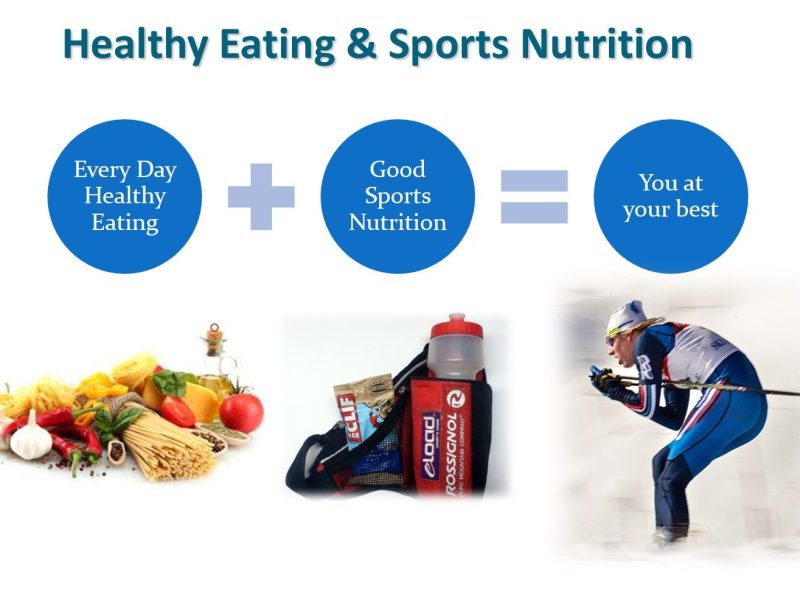Snacking plays a vital role in a child’s overall nutrition and development. Smart snacking ensures that children receive the necessary nutrients to fuel their growing bodies and brains. However, with an abundance of tempting snack options available, it’s important to guide children towards making healthy choices.
Importance of Smart Snacking
Smart snacking is essential for a child’s overall health and well-being. It helps prevent energy dips, stabilize blood sugar levels, and maintain a steady supply of nutrients throughout the day. Additionally, smart snacking promotes better concentration and focus, ensuring that children perform their best academically and during physical activities.
Choosing Nutritious Snacks
When it comes to selecting snacks for kids, it’s crucial to prioritize nutrition. Here are some tips to help you make smart snack choices:
1. Include a Variety of Food Groups
Aim to provide snacks that encompass different food groups. This will ensure that your child receives a wide range of essential nutrients. Examples of healthy snack options from each food group include:
Fruits: sliced apples, berries, citrus segments
Vegetables: carrot sticks, cucumber slices, cherry tomatoes
Proteins: Greek yogurt, hard-boiled eggs, nuts
Whole Grains: whole wheat crackers, popcorn, oatmeal cookies
Dairy: cheese cubes, yogurt tubes, milk
2. Limit Added Sugars
Avoid snacks that are high in added sugars, such as sugary drinks, candy, and sweetened snacks. Instead, opt for naturally sweet foods like fresh fruits and yogurt, or unsweetened versions of popular snacks.
3. Focus on Fiber
Incorporating fiber-rich snacks is essential as it keeps children fuller for longer and aids in digestion. Snacks high in fiber include whole grain crackers, popcorn, and fresh fruits and vegetables.
Creating Smart Snack Options
The way a snack is prepared and presented can make it more appealing to kids. Here are some ideas for creating smart snack options:
1. Get Creative with Presentation
Children are more likely to enjoy a snack if it looks fun and appealing. Use cookie cutters to create fun shapes with fruits, serve vegetables with healthy dips, or arrange an array of colorful snacks on a plate.
2. Make Snacks Ahead of Time
Prepare snacks in advance to ensure you always have healthy options available. Cut up fruits and vegetables, portion out servings of nuts or trail mix, or make homemade granola bars using nutritious ingredients.
3. Encourage Involvement
Get your children involved in preparing their own snacks. Let them choose fruits, assemble snack packs, or make their own yogurt parfaits. This fosters a sense of independence and encourages them to make healthier choices.
Snacking Tips for Parents
Parents play a significant role in shaping their child’s snacking habits. Here are some additional tips to keep in mind:
1. Lead by Example
Show your child the importance of smart snacking by making healthy choices yourself. When children see their parents enjoying nutritious snacks, they are more likely to follow suit.
2. Keep Healthy Options Accessible
Stock your pantry and fridge with a variety of healthy snack options. Encourage your child to pick from these choices rather than reaching for less nutritious alternatives. Keep pre-cut fruits and vegetables in clear containers in the refrigerator for easy access.
3. Set Snack Times
Establish designated snack times throughout the day. This helps prevent mindless snacking and ensures that snacks are enjoyed in moderation. Avoid offering snacks too close to meal times to maintain a healthy appetite for balanced meals.
Conclusion
Smart snacking for kids is a fundamental aspect of their overall nutrition. By prioritizing nutritious options, involving children in the snack selection process, and being positive role models, parents can help their children develop healthy snacking habits that will contribute to their growth, well-being, and academic success.


